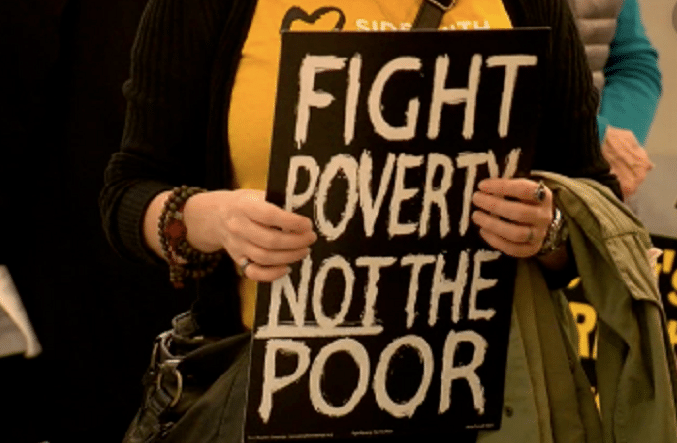
Incumbent candidates in two local legislative races are still taking heat over their support of Utah’s abortive 2019 attempt to reform the state income tax system.
LOGAN – Utah’s infamous 2019 tax reform effort is deader than a doornail, but its ghost still hangs like an albatross around the necks of incumbent candidates in two local legislative races.
Sen. Lyle Hillyard and Rep. Val Potter both supported the ill-fated tax reform legislation and their challengers for the GOP nomination in Senate District 25 and House District 3 will never let them forget it.
Those rivals are Chris Wilson of Logan, who is vying for Hillyard’s seat in the Utah Senate, and Mike Petersen of North Logan, who is hoping to unseat Potter in the Utah House.
Neither of those challengers ever miss an opportunity to tar the incumbents with the stigma of the tax reform effort, including at a recent Meet the Candidates forum sponsored by the Cache Chamber of Commerce.
“The 2019 Tax Reform Bill debacle shows how badly our state legislature is out of touch,” Petersen argued. “Rep. Potter voted for the tax reform bill, although it was vigorously opposed by Utah voters.”
The year-long tax reform melodrama began with a suggestion by Gov. Gary Herbert in his State of the State address in January 2019. The Legislature followed up with a proposal to lower the state’s sales tax rate to 3.1 percent by taxing health insurance premiums, legal services, real estate deals and other services. But that bill died in a storm of protest from Utah’s business community.
A state task force then crafted a sweeping tax revision to cut income taxes, largely by hiking the sales tax on groceries. That proposal was passed by a special session of the Legislature in December 2019.
Consumer advocacy groups immediately began gathering 180,000 signatures for a ballot referendum opposing the tax overhaul. Petersen says that he spent “countless hours gathering signatures” for that effort. In the face of overwhelming opposition, Utah lawmakers voted nearly unanimously to repeal the tax reform package in the early hours of the 2020 legislative session.
Potter still defended the need for tax reform even after that repeal.
“I’m not saying that I was supportive of the food tax …” Potter said. “But that was a small part of the reform. The tax system in the state of Utah has to be re-balanced, something has to be done.”
“Spending here in Utah has increased $5 billion in just 5 years,” Petersen countered. “That’s a 30 percent increase! Utah families cannot sustain the constant demand for more of their money.”
Wilson also cited the tax reform controversy as the driving motivation for his challenge to Hillyard’s 36-year tenure in the Legislature.
Wilson echoed Petersen’s observation that too many Utah lawmakers are ”out-of-touch” with their constituents.
“This can lead to incumbent isolation and politicians whose grip on power outweighs the wishes of the constituents,” Wilson argued. “We need a culture of active listening, responding and reacting to the will of the people.”
Hillyard, who was co-chair of the state’s 2019 tax reform task force, also still defends the need for income tax reform.
Hillyard reported that a number of groups around the state were supportive of the task force’s aborted reform proposal, but their voices were drowned by “a flood of misinformation” on social media outlets.
Another effort by Utah lawmakers to ease the imbalance between income tax and sales tax collections emerged in the closing hours of the 2020 Legislature. But it is uncertain whether that proposal, which would ask voters to amend the Utah Constitution, will survive the economic impact of the ongoing coronavirus pandemic.

